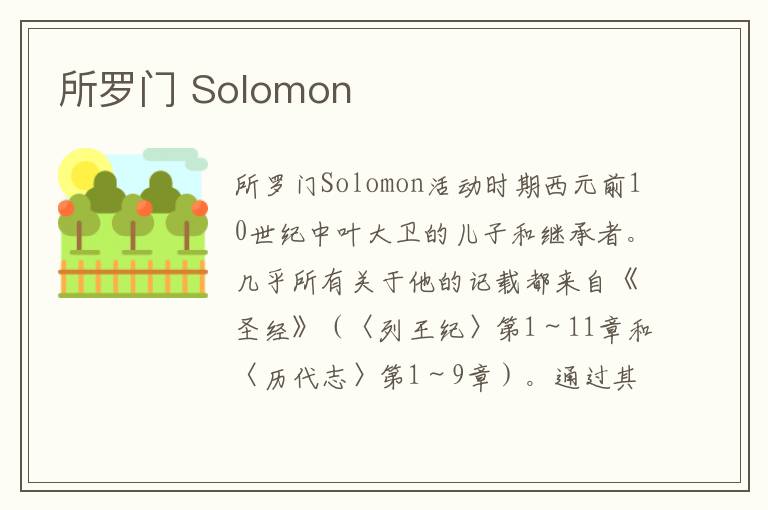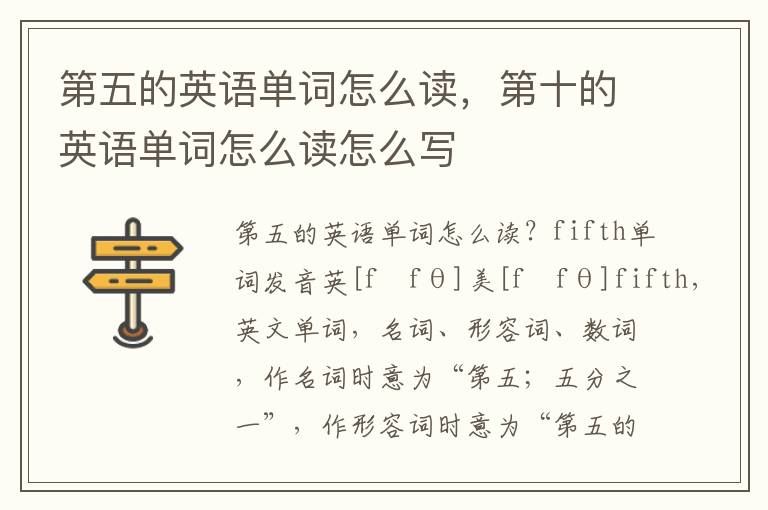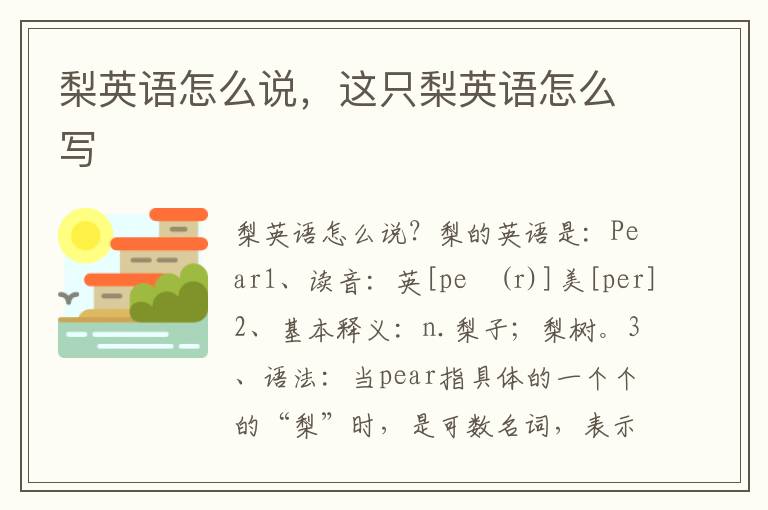【简介】感谢网友“雕龙文库”参与投稿,这里小编给大家分享一些,方便大家学习。
Mongolia was to be the “ultimate resource play. But playtime can quickly turn ugly. Chalco, China’s biggest aluminium producer, has abandoned its attempt to take a controlling stake in SouthGobi Resources, the owner of Mongolia’s Ovoot Tolgoi coking coal mine. Since Mongolia rushed to pass a new law on foreign investment after the deal was announced in April that would have capped foreign ownership at less than 50 per cent, Chalco did not really stand a chance. Its retreat is a Pyrrhic victory for Mongolia.
一场“终极资源大戏本将在蒙古上演,但好戏可能很快就结束了。中国最大的铝生产商中国铝业(Chalco)已放弃收购蒙古敖包特陶勒盖(Ovoot Tolgoi)焦煤矿所有者南戈壁资源(SouthGobi Resources)的控股股权。这笔交易于4月份宣布之后,蒙古匆忙通过一部新的外商投资法,规定外资在蒙古企业中的持股比例不得超过50%,因此中铝实际上根本没机会如愿以偿。但对蒙古而言,逼退中铝是一场“皮洛士式的胜利(Pyrrhic victory),代价过于高昂。
The problem for Mongolia is its existential angst about its giant neighbour. The landlocked republic is home to a 10th of global coal reserves, and the world’s largest under-developed copper mine. With a budget deficit after heavy spending in the run-up to June elections, Ulan Bator could do with the foreign investment to develop those reserves. China is clearly willing, yet it also buys more than 80 per cent of them. For Mongolia, the idea of ceding control of its resources to its biggest customer is unpalatable.
蒙古的问题在于,它担心巨大的邻国会威胁自己的存在。作为一个内陆国家,蒙古煤炭储量占全球10%,它还拥有世界最大的欠开发铜矿。鉴于今年6月总统选举前夕的大肆支出留下了一笔财政赤字,蒙古政府应该让外资开发这些资源,以填补赤字。中国显然愿意出钱开发,但它同时也是这些资源的大买家——蒙古出产的这些资源有80%以上出口到中国。对蒙古来说,把自身资源的控制权拱手让给最大客户,显然令其感到不快。
That leaves mining companies operating in Mongolia in a bit of a bind. The collapse of resource prices as a result of the fall in global demand is hurting all miners. Shares in resource giants such as BHP Billitonand Rio Tintohave lost between 3 and 13 per cent this year. But the uncertainty about investments in Mongolia, meanwhile, has also undermined the share prices of mining companies operating there. Shares in SouthGobi have lost 60 per cent, as have those in Winsway, also a target of Chalco. Aspire Mining, the Australian group developing the Ovoot coal project in Mongolia, has lost three quarters.
这让在蒙古经营的采矿企业陷入困境。全球需求下降导致的资源价格暴跌,正在伤及所有矿商。必和必拓(BHP Billiton)和力拓(Rio Tinto)等资源业巨擘的股价今年下跌了3%至13%。而另一方面,在蒙古从事投资的不确定性也拖累了在蒙古经营的矿企的股价。南戈壁的股价下跌了60%,中铝的另一个收购对象永晖(Winsway)的股价也是如此。在蒙古开发敖包特陶勒盖煤炭项目的澳大利亚集团Aspire Mining的股价跌了四分之三。
Granted, China’s slowdown in steel demand is hurting the coking coal industry now. But it remains a net importer of coking coal and mining remains a multi-decade investment. Mongolia should not forget that.
中国钢铁需求的放缓肯定正在伤及焦煤行业。但中国仍是焦煤净进口国,而且采矿仍需要数十年的投资。蒙古不应忘记这一点。
Lex专栏是由FT评论家联合撰写的短评,对全球经济与商业进行精辟分析
Mongolia was to be the “ultimate resource play. But playtime can quickly turn ugly. Chalco, China’s biggest aluminium producer, has abandoned its attempt to take a controlling stake in SouthGobi Resources, the owner of Mongolia’s Ovoot Tolgoi coking coal mine. Since Mongolia rushed to pass a new law on foreign investment after the deal was announced in April that would have capped foreign ownership at less than 50 per cent, Chalco did not really stand a chance. Its retreat is a Pyrrhic victory for Mongolia.
一场“终极资源大戏本将在蒙古上演,但好戏可能很快就结束了。中国最大的铝生产商中国铝业(Chalco)已放弃收购蒙古敖包特陶勒盖(Ovoot Tolgoi)焦煤矿所有者南戈壁资源(SouthGobi Resources)的控股股权。这笔交易于4月份宣布之后,蒙古匆忙通过一部新的外商投资法,规定外资在蒙古企业中的持股比例不得超过50%,因此中铝实际上根本没机会如愿以偿。但对蒙古而言,逼退中铝是一场“皮洛士式的胜利(Pyrrhic victory),代价过于高昂。
The problem for Mongolia is its existential angst about its giant neighbour. The landlocked republic is home to a 10th of global coal reserves, and the world’s largest under-developed copper mine. With a budget deficit after heavy spending in the run-up to June elections, Ulan Bator could do with the foreign investment to develop those reserves. China is clearly willing, yet it also buys more than 80 per cent of them. For Mongolia, the idea of ceding control of its resources to its biggest customer is unpalatable.
蒙古的问题在于,它担心巨大的邻国会威胁自己的存在。作为一个内陆国家,蒙古煤炭储量占全球10%,它还拥有世界最大的欠开发铜矿。鉴于今年6月总统选举前夕的大肆支出留下了一笔财政赤字,蒙古政府应该让外资开发这些资源,以填补赤字。中国显然愿意出钱开发,但它同时也是这些资源的大买家——蒙古出产的这些资源有80%以上出口到中国。对蒙古来说,把自身资源的控制权拱手让给最大客户,显然令其感到不快。
That leaves mining companies operating in Mongolia in a bit of a bind. The collapse of resource prices as a result of the fall in global demand is hurting all miners. Shares in resource giants such as BHP Billitonand Rio Tintohave lost between 3 and 13 per cent this year. But the uncertainty about investments in Mongolia, meanwhile, has also undermined the share prices of mining companies operating there. Shares in SouthGobi have lost 60 per cent, as have those in Winsway, also a target of Chalco. Aspire Mining, the Australian group developing the Ovoot coal project in Mongolia, has lost three quarters.
这让在蒙古经营的采矿企业陷入困境。全球需求下降导致的资源价格暴跌,正在伤及所有矿商。必和必拓(BHP Billiton)和力拓(Rio Tinto)等资源业巨擘的股价今年下跌了3%至13%。而另一方面,在蒙古从事投资的不确定性也拖累了在蒙古经营的矿企的股价。南戈壁的股价下跌了60%,中铝的另一个收购对象永晖(Winsway)的股价也是如此。在蒙古开发敖包特陶勒盖煤炭项目的澳大利亚集团Aspire Mining的股价跌了四分之三。
Granted, China’s slowdown in steel demand is hurting the coking coal industry now. But it remains a net importer of coking coal and mining remains a multi-decade investment. Mongolia should not forget that.
中国钢铁需求的放缓肯定正在伤及焦煤行业。但中国仍是焦煤净进口国,而且采矿仍需要数十年的投资。蒙古不应忘记这一点。
Lex专栏是由FT评论家联合撰写的短评,对全球经济与商业进行精辟分析









